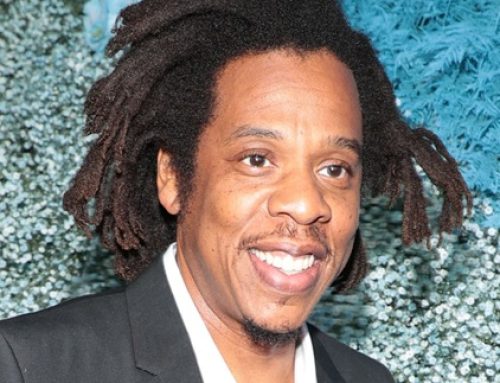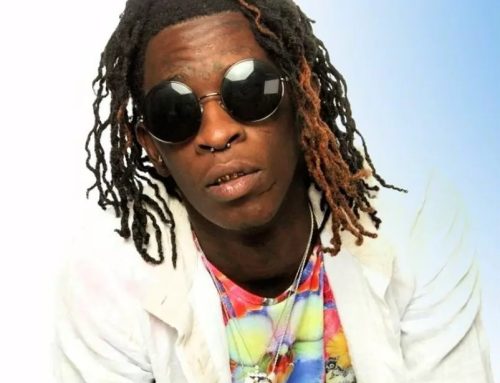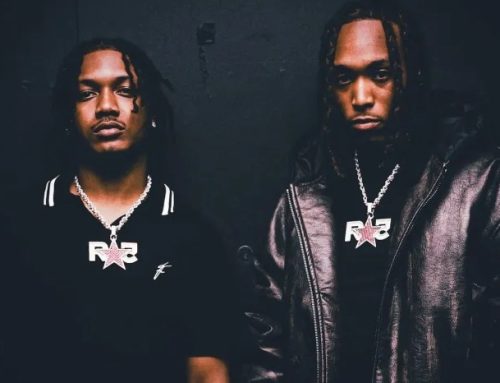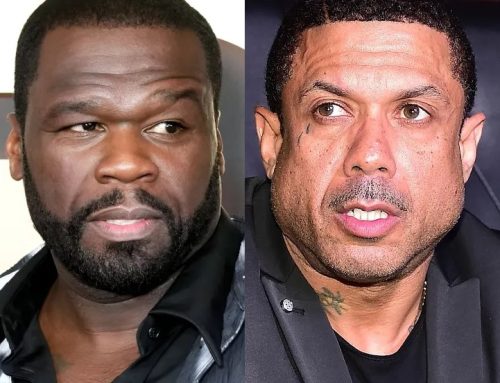One of the most moving moments of February’s Grammy ceremony came during the pretelecast, when best rap performance was awarded to “Racks in the Middle,” led by the late Nipsey Hussle, who had been killed in a March 2019 shooting. The award was accepted by his family, including his grandmother Margaret Boutte. Wearing sunglasses, she thanked those in attendance for “showing all the love that I have felt for [Nipsey] all of his life.”
Powerful moments like that could well take center stage on the main telecast at the next ceremony. Over the past few years, a number of hip-hop’s leading artists have died — many of whom still had recorded music yet to be released at the time of their deaths, resulting in high-profile posthumous albums that could get attention from Grammy voters. Those include back-to-back blockbuster No. 1s on the Billboard 200 from Pop Smoke (Shoot for the Stars, Aim for the Moon) and Juice WRLD (Legends Never Die), as well as the No. 3-peaking Circles from Mac Miller.
Posthumous releases have a long history at the Grammys, even in the Big Four categories; Ray Charles won both album and record of the year in 2005 for his Genius Loves Company and Norah Jones duet “Here We Go Again,” respectively, after dying at age 73 that previous June. Along with Nipsey’s two 2020 wins (he also took best rap/sung collaboration for his work on DJ Khaled’s “Higher”), the late David Bowie and Chris Cornell won in the rock categories in recent years.
In most of those cases, the Grammys recognized late-period works that weren’t necessarily considered their creators’ most vital. What makes this year unusual is that the multiple deceased artists in Grammy contention don’t have the decades of success and veteran esteem that ordinarily earn belated accolades. “Unless you’re an absolute legend, you don’t really get nominated purely out of respect because it’s a posthumous nomination,” says producer, S-Curve Records founder and Recording Academy voter Steve Greenberg. “You could argue that none of those artists [this year] had even peaked as artists.”
Even Nipsey’s wins took his team by surprise. Though he was a previous Grammy nominee (his debut album garnered a best rap album nod in 2019) and had gained the industry’s respect for his activist work, he lacked a long track record of commercial success, and they hadn’t campaigned hard for nominations. Winning the posthumous Grammys was, says his business partner and co-manager Steve Carless, “pleasantly surprising.”
The posthumous sets from Pop Smoke and Juice WRLD posted two of the biggest first-week numbers during the Grammy eligibility period (251,000 and 497,000 in equivalent album units, respectively), and each spun off singles that went top 10 on the Billboard Hot 100. Though neither was hailed as a masterwork, both hinted at the artistic potential and crossover success that Pop Smoke and Juice might have achieved. Meanwhile, Miller’s Circles moved 164,000 units in its debut week and drew some of the year’s strongest reviews. “I could totally imagine nominations” for all three artists, says Greenberg.
Steven Victor, founder/CEO of Pop Smoke’s Victor Victor label, says it’s a “major priority” to promote the rapper’s Aim for the Stars for Grammy consideration. “It’s not just about the award — it’s about continuing to build Pop’s legacy,” he says. “This is something he strived for, and we want to bring it home for him.”
That kind of promotion, especially for a deceased artist, requires a delicate balance during campaign season. Jeff Sosnow, executive vp A&R at Miller’s label, Warner Records, says that getting Circles into consideration is “a different process” given his death — involving just an interview or two given by close collaborator Jon Brion. “The family and estate have been tasteful, thoughtful and judicious in preserving the intent of Mac around this music,” says Sosnow.
Miller’s team has some experience in this regard: While Circles is his first album to be released following his death from a drug overdose in 2018, it wouldn’t be his first posthumous nomination. His Swimming LP from earlier that year was up for best rap album in 2019, and the only pre-Grammy promotion for that set, says Sosnow, was an ad in Billboard featuring “a reflective Mac” from the album’s photo shoot. “There was no ‘campaign’ per se,” he says. “The fact is, Mac was just 26, and he was coming of age as an artist. Pushing things on people just felt incongruous and tactless.”
There’s an extra inherent tension in how to gain recognition for late artists — some of whom, like Nipsey and Pop Smoke, died as a result of violent assaults — in the often nuance-free context of an awards show. “How do we, as a music community, wrap our arms around making celebratory choices in a sober way when we’re talking about an artist [like Pop Smoke] who was shot in a home invasion?” says writer-producer and Grammy voter Billy Mann. “I would hope that labels are thoughtful about the way they marry marketing with memorial.”
The challenge doesn’t end with awards season — but for these artists, the power of a posthumous victory can last far longer. As Carless says, Nipsey’s Grammy wins have only bolstered his legacy. “A lot of sacrifice, failure, trial and tribulations are attached to that success,” he says. “It’s more than gratifying — it’s surreal.”






